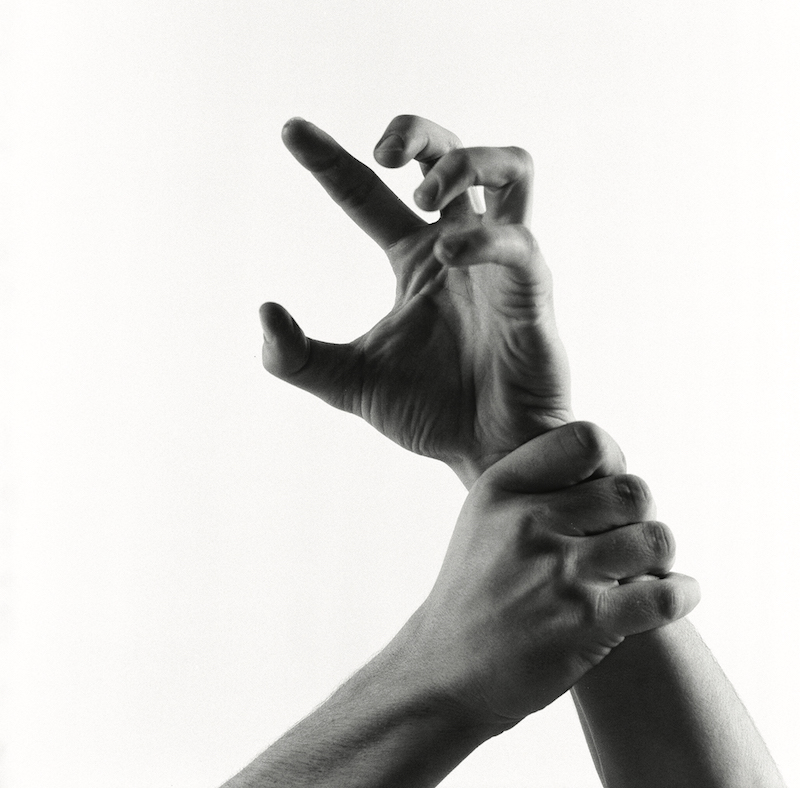One in three women will experience some form of sexual assault in their lifetime, according to Concordia’s Sexual Assault Resource Centre (SARC). This issue will impact virtually all women in this country, and we must act now in order to safeguard our society.
McGill University is hosting a Sexual Assault Awareness Week from March 27 to 31, and we at The Concordian applaud them for doing so. We wish Concordia would follow suit.
According to Concordia University’s spokesperson Chris Mota, every day is a day to recognize the impacts of sexual assault, but as of now, Concordia doesn’t have a specific week dedicated to it. We believe the university should dedicate an entire week to this issue. Of course, in an ideal world, sexual assault would always be recognized. Actually, in an ideal world, sexual assault wouldn’t even exist. But, as we’re sure you can tell, real life isn’t always positive and hopeful.
Real life requires time dedicated to educating students, staff and citizens about sexual assault.
SARC posts statistics about sexual assault on their website, one of which states that, across Canada, 82 per cent of all sexual assaults are committed by someone the survivor knows. Also, one in six men will experience sexual violence at some time in their life. It’s troubling to know these facts exist, but this is what makes a week dedicated to educating university students about sexual violence so essential.
It’s a hard fact that sexual assault is an ongoing issue, and has been since the beginning of time. According to CBC News, a 15-year-old girl was recently raped by five or six men in Chicago, and the violent act was posted on Facebook Live. Forty people watched the video—yet none called the police to report it.
A 14-year-old boy was recently accused of sexually assaulting a fellow student at Heritage Regional High School in St. Hubert, according to CJAD. Longueuil police confirmed they are investigating allegations made by two other students about the same boy as well.
In December 2016, Gilles Deguire, a former Montreal politician and ex-police officer, pleaded guilty to sexually touching a minor, and was sentenced to six months behind bars.
These recent news events clearly show sexual assault is something that still needs to be discussed and acknowledged—especially early signs, so that it can be prevented. It’s important to talk about sexual violence, and it’s important to ask questions. One of the many root causes of sexual assault can be a lack of understanding, an issue which can be remedied by education.
We at The Concordian believe SARC should create a one-week workshop series to address various topics that relate to sexual assault—from the bystander effect, consent, and to the ways in which sexual violence can be prevented. We absolutely cannot ignore the great amount of work SARC has done to improve sexual assault awareness at Concordia, though—they’re a great resource, and have always been active when trying to prevent sexual violence and educating others. A one-week interactive workshop series, however, can improve their services and improve the overall education of sexual assault. Of course, sexual assault should be acknowledged as an issue every single day. But in the world we live in, it’s rare that it is—and perhaps a proper, educational initiative can help increase people’s understanding of sexual violence and how to prevent it.
